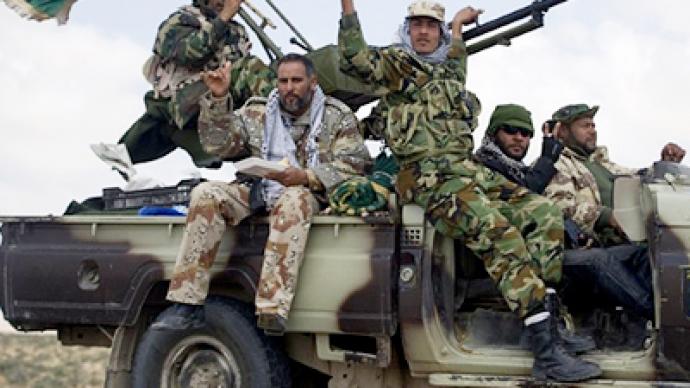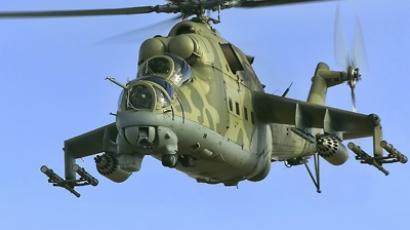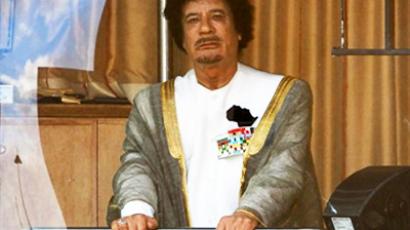Moscow urges West to learn lessons from Libyan operation

Russian Foreign Minister Sergey Lavrov has called on the international community to learn lessons from the problems the western coalition is facing in Libya, including those connected with command of the joint military operation.
Commenting on the recent decision by the U.S. to significantly cut its role Libya and withdraw its fighter jets from the international air operation in the war-torn North African country, Lavrov pointed at the necessity to plan such missions more carefully in the future. According to the Russian minister, all possible problems should be analyzed at the initial stage, when drafting UN Security Council resolutions on the matter.“God forbid that the Security Council should ever have to decide on something like this again, but if so, we would like the text to be as specific as possible, to the maximum, as to who and in what manner military force will be used. This is a serious issue, and we should learn the lessons from the experience we now have,” Lavrov said speaking at a joint media conference with his Gabonese counterpart Paul Toungui in Moscow. Back in March, Russia abstained from voting on the UN Security Council Resolution 1973 which imposed a no-fly zone over Libya, because the document did not strictly determine limitations on the use of military force. Neither did it clarify who exactly would use that force to ensure the no-fly zone is observed. Lavrov recalled that prior to the voting on March 17, Russia came up with its proposals on the text. “However, the co-authors did not agree to that. It was one of the reasons why Russia abstained [from voting]. We warned that these ambiguities would only create problems for the Security Council and for those implementing this resolution," Lavrov said on Tuesday, according to Interfax. At the initial stage, the US assumed the lead role and then passed it over to the North-Atlantic alliance, “and the NATO Council made an appropriate decision”. “Strictly speaking, the resolution allows precisely such procedures. However, I reiterate, they are not ideal,” he added.
Read related column on Libya here
Russia questions legitimacy of UN troop actions in the Ivory Coast
The situation in Cote d'Ivoire also remains critical as the violent standoff between supporters of incumbent President Gbagbo and those of his rival Alassane Ouattara continues to bring the West African state to the very brink of a civil war. Gbagbo is refusing to yield power to Ouattara, who is believed to have won the disputed presidential election last year, and has been recognized by the UN. Meanwhile, according to earlier reports, UN peacekeeping forces and the supporting French contingent have joined the combat operation in the former French colony on the side of Ouattara. Commenting on the matter, Sergey Lavrov said that Russia asked for verification from the UN as to why the peacekeepers are using force. He pointed out that their mandate obliged them to stay neutral and unbiased. Moscow has also requested an unprecedented UN Security Council briefing to discuss the matter.“So far we have not received very clear answers to our questions,” Lavrov added. The Russian Foreign Minister described the situation in the Ivory Coast as very tense, adding that Moscow is extremely concerned about the events. “The situation there is not improving, but getting worse," he observed, adding that there are reports of mass casualties among civilians. There are several Russian citizens in Cote d'Ivoire, and the foreign ministry is considering ways of providing for their safety, including possible evacuation.The situation on the African continent became one of the key topics discussed by the Russian and Gabonese top diplomats during their meeting in Moscow. Both parties "call for a swift end to the bloodshed so that civilians do not suffer," Lavrov told journalists after the talks. He stressed that all the problems must be resolved by Africans themselves, without external interference.














